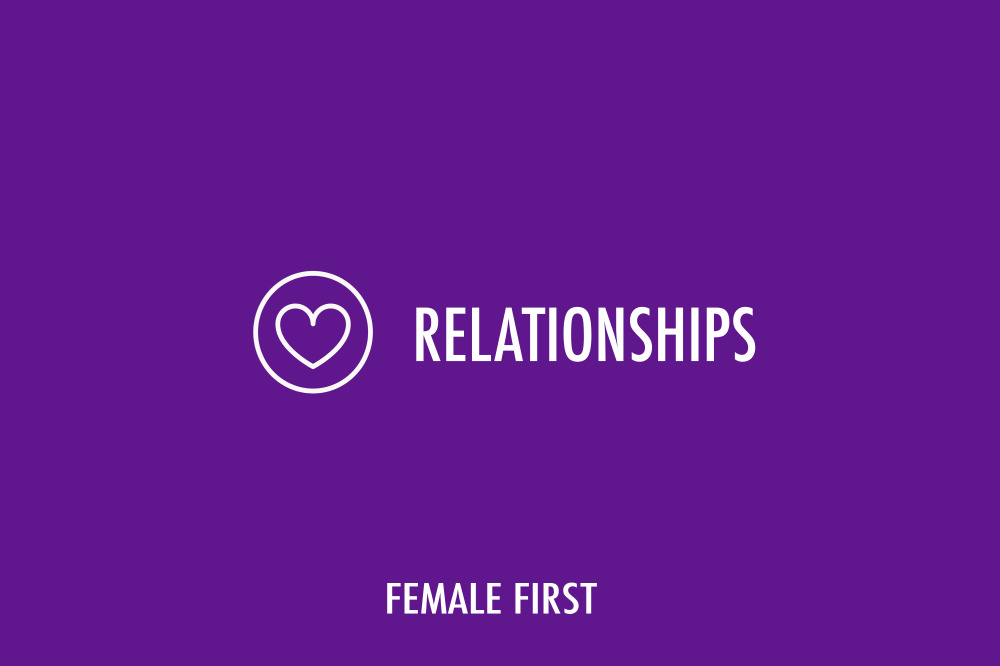“Experiencing a marital break-up, especially if it’s as a result of an affair, can have profound psychological and physical effect on both men and women.

Relationships on Female First
People often suffer a cascade of emotions similar to those of grievance including: denial, anger, bargaining, depression and acceptance. Furthermore, mental health problems can surface, and you can develop symptoms linked to depression and anxiety such as low mood, poor sleep patterns, altered eating habits and poor concentration.
Less well known are the physical effects on the body. The deep sense of grief, loss and anger that people experience causes fluctuations in our hormonal levels. ‘Fight or flight' stress hormones flood the body resulting in increased heart rate and blood pressure. Stress also affects our immune system, weakening our ability to fight off everyday infections. In the long term, high blood pressure can affect the heart and circulation, putting people at increased risk of having a heart attack and stroke. Alarmingly, stress also has a well-researched effect on the prevalence of many different types of cancer.
The trauma of realising a loved one has had an affair, or coping with the guilt of an affair yourself, can also result in symptoms similar to those who suffer from post traumatic stress disorder. PTSD is normally linked to soldiers who have been at war, but increasingly we are seeing 'ordinary' people experiencing symptoms of flashbacks, sleeplessness and a heightened state of fear and anxiety as a result of marital break-up.
It is so important that people recognise the implications of traumatic events, and equally, to be aware of things that can be done to help. If you are experiencing any of these symptoms, make sure you see your GP, who is always a good first point of call. They can then put you in touch with charitable local organisations, refer you to counsellors and offer therapy and services available through the NHS.
Many people also find that writing their feelings down in diary form helps them relate and ‘understand what they are feeling’. The most important thing is not to turn a blind eye, or think that they will pass. There is clinical proven evidence that a traumatic incident like a break-up causes actual physical changes to both your mind and body. You must be kind to yourself and seek professional help. Do not bury your feelings or tell yourself you have to 'get over' this because you could cause yourself lasting damage. The majority of people do not realize just what a profound effect emotions have on our health both in the short and long term.”

By DR RUPERT CRITCHLEY BM MRCGP
tagged in Health
